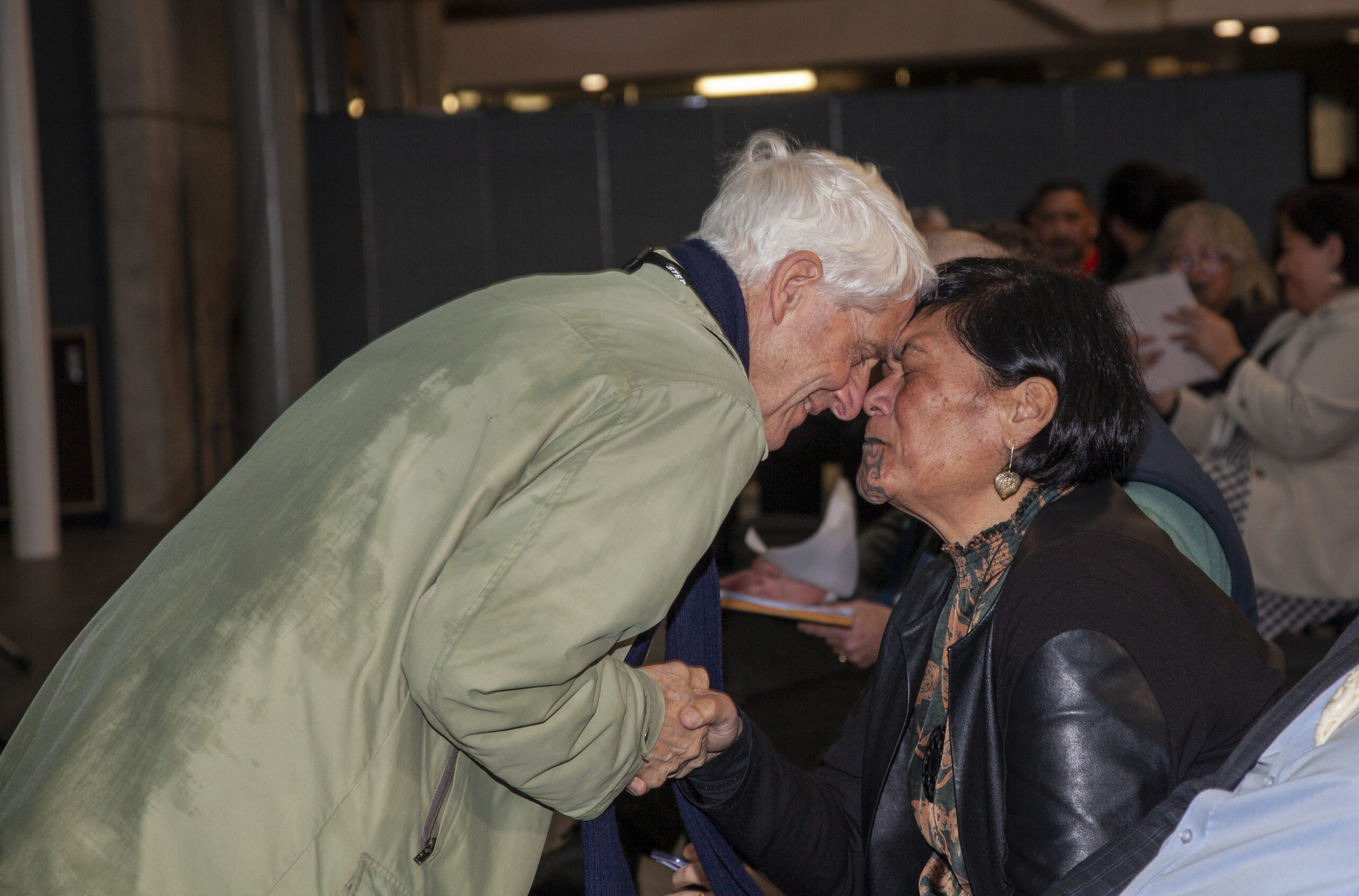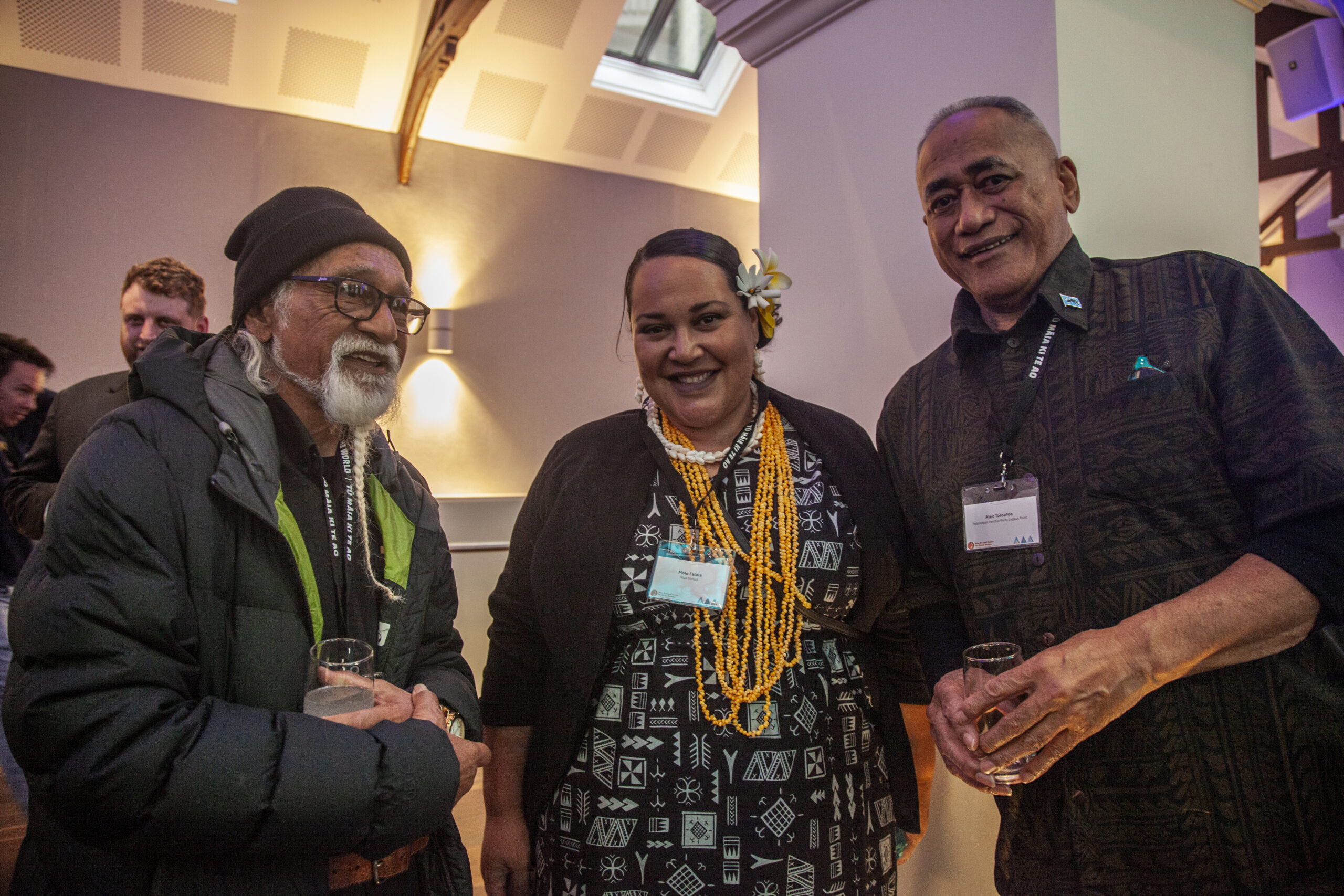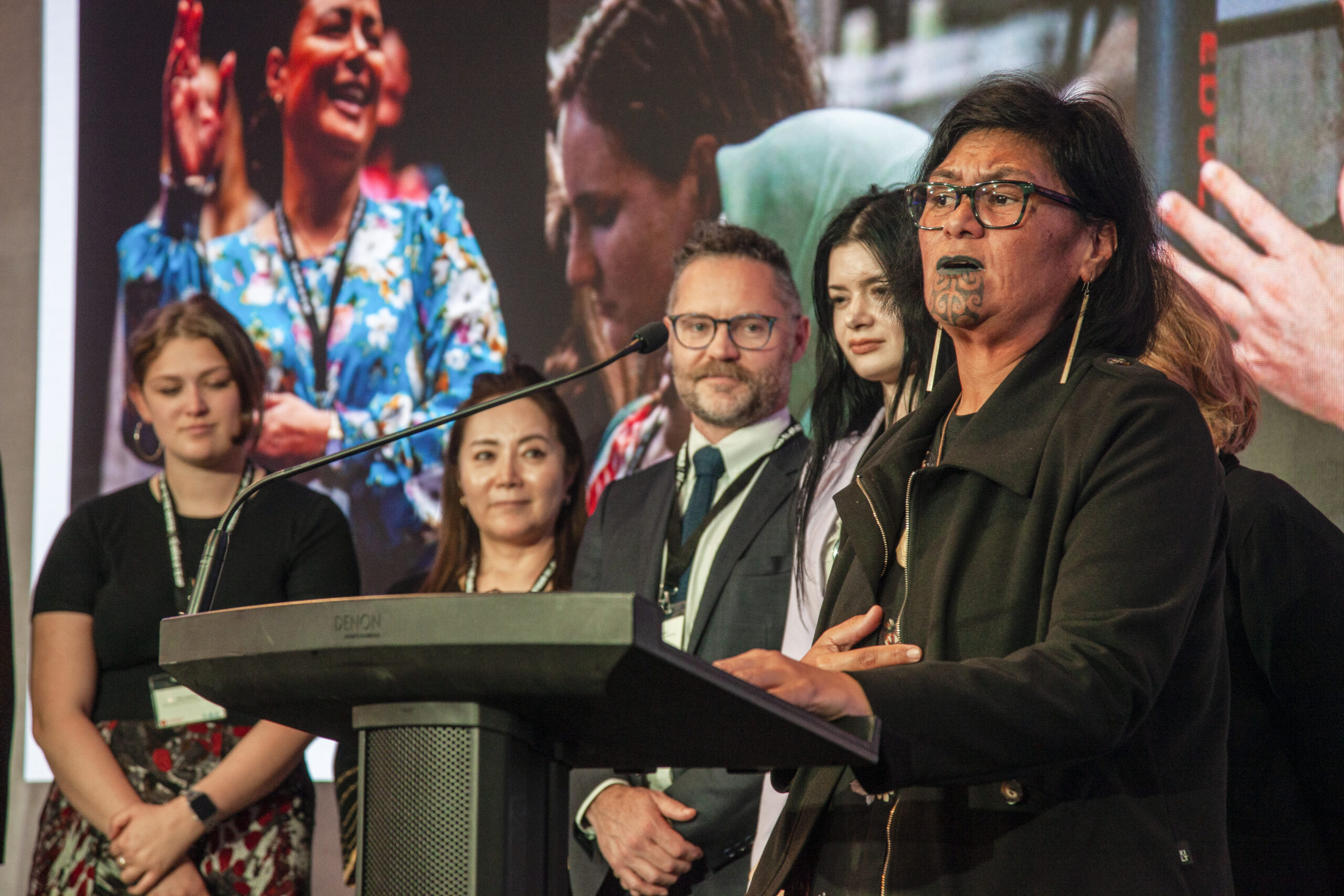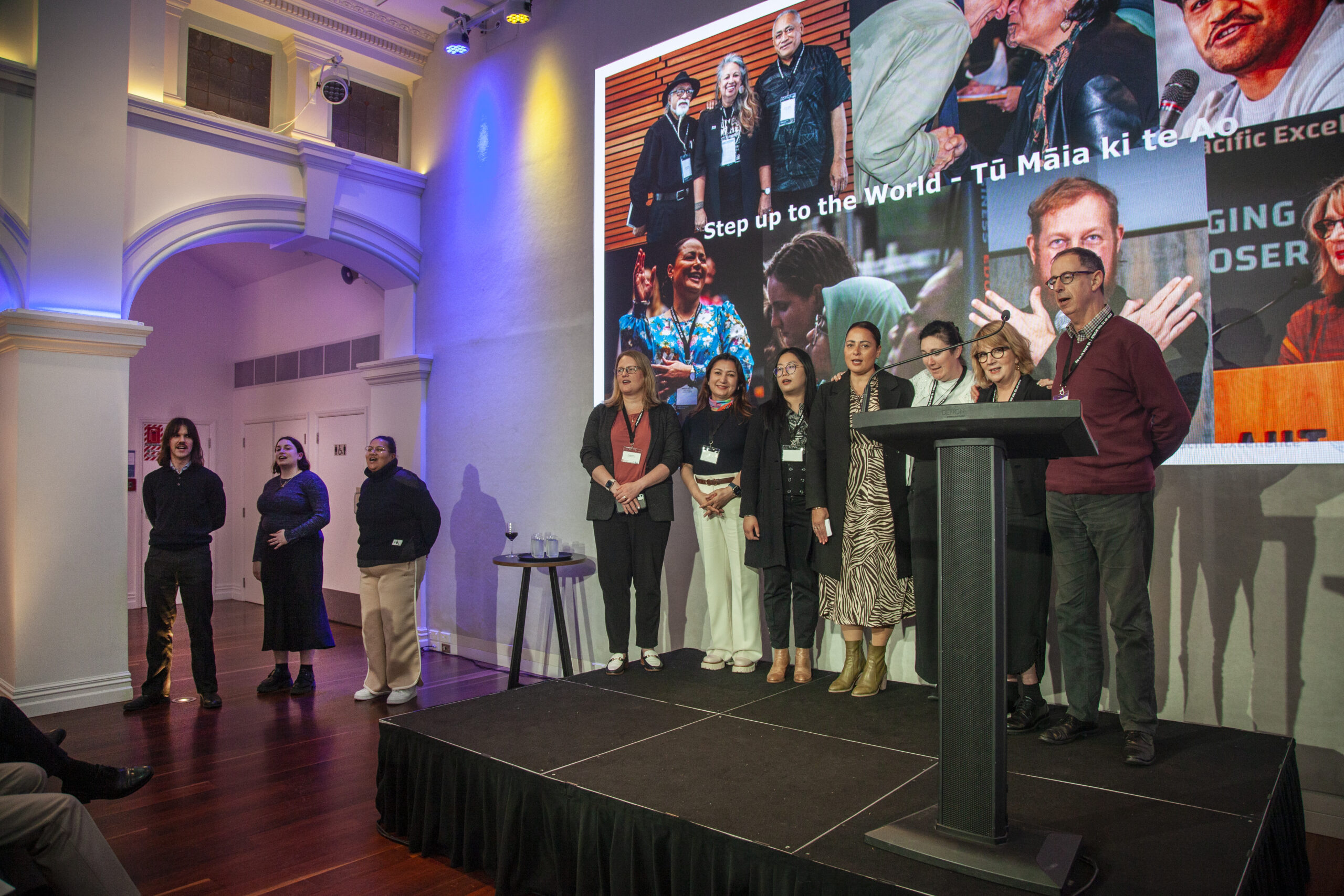The Covid-19 induced crisis presents all walks of society with an opportunity to re-evaluate. No more important is that, than in the university sector.
It is no secret that the university sector globally has been in crisis for some years. Pre-Covid, there were no shortage of predictions of the end of university; of the demise of between 40-50% of tertiary providers in the next 10 years (United States); the turning of industry’s back on universities (New Zealand); mass irrelevancy of qualifications (Australia); and the end of the Humanities (Global) to name but a few.
Predictions of sky-falling disruption have come thick and fast. From the rise of Massive Open Online Courses (MOOCs) to the radical development of Artificial Intelligence, futurists have clamoured to predict ‘the end is nigh’ for traditional universities.
Interestingly, the end has not come, and universities remain a key element of the education, industry and economic sectors of the world; but Covid-19 might be the circuit-breaker for the (at best) steady plodding of the sector.
A rethink of the model of higher education toward a change-making, collaborative structure of knowledge discovery, geared toward the development of our collective societal ethics and the resolution of local, national and global problems is not merely required in light of future pandemics. Climate change, inequality, and food security are examples of challenges that should, similarly, challenge us on whether our universities are organised and structured in a way to best prepare us for what we need.
In terms of our research, standard of graduate, sustainability, and employability, the quality of New Zealand’s universities is outstanding. However, our community of Vice-Chancellors have spoken loudly about underfunding, the pressure of recruiting international students, and the imperative to retain our international standing.
It seems however, that these pressures (pressures felt the world over), have actually fed increased conservatism and sameness, rather than true diversification and innovation that we need.
No matter how hard each university attempts to improve its performance, it is clear we are missing a number of collective benefits which, if implemented, would act to further our institutions, and position New Zealand well for the future.
The first priority is likely the structure of universities. Previous suggestions have ranged from the adoption of the Californian structure of central administration and semi-autonomous campuses allowing for greater campus specialisation, to freeing up New Zealand’s system of approving new qualifications (that currently involves all NZ universities sitting in judgment over any new qualification offered).
The Government’s changes to the polytechnic sector have been extensive and have loomed large in the mind of many in the university sector. Whilst a monumental shift to a Cal-State system is not suggested here, we do believe that tangible steps toward a more refined collective approach by our universities are desperately needed.
Of priority is the establishment of a liberal and unified system of course recognition between our institutions. Under such a system, students completing courses at one New Zealand university would face no barriers to having that course recognised for full credit at any other New Zealand university.
The same level of respect and connection should be striven for with private providers and those training and education providers within industry through the innovative use of blockchain credentialing. Whilst this might seem technical, this move alone would liberate students to pick up, continue and finish their study across a mix of providers facilitating significant opportunities for retraining and lifelong learning.
Covid-19 and the rapid fallout from it, exemplifies how complex, intertwined and fast-changing our world has become, and why effective lifelong learning & retraining is essential. Our approach to education delivery, and therefore how we structure the university sector, needs to take this into account. Rather than eight entirely independent universities, our institutions need to act as a coherent whole albeit through semi-autonomous units.
Innovation in structure also needs to focus on funding. The adoption of innovative fee structures, such as ‘gym-membership’ or subscription style relationships between student and provider, might act to better reflect a focus on lifelong learning and a partnership approach with industry.
But it’s not just the structure of our universities that is brought into the light of change by Covid-19. What we teach, how we teach and how we research should also be under the spotlight. The development of degree apprenticeships, boot camps, micro-credentials, distance-block-blended-compressed modes, all through the development of a genuine digitally-enabled, online learning environment are opportunities largely left hanging by New Zealand universities.
But the reform of our teaching does not stop there. We also need to discuss our academic disciplines. Currently we have a one-size-fits-all format that typifies universities the world over – and has done for approximately 170 years. What we need in the future may not be best served by such a structure.
We believe there is great utility in the development of a complementary system of thematic groupings such as: sustainability, systems thinking, productivity, prosperity, justice, and health and wellbeing.
In this respect, our strong bicultural foundation is likely New Zealand’s most significant asset. Māori frameworks of thought, far from an irrelevancy in the modern world, offer our education system a unique opportunity to model an alternative paradigm to the prevailing Western notion of individualism and consumerism. In short, we (and the world) have likely more to learn from Māori than they do of us.
Practical knowledge is as important as our understanding of the way we think, interact, and structure our lives and communities. Universities are in the unique position of melding these together for the problem-solving benefit of society.
Mixed with the development of the core skills of communication, critical analysis, team work, the ability to act with agility, build resilience, understand ethical frameworks for living, and to work and live productively within a community, a post-Covid-19 New Zealand ought to show the world what it truly means to be ‘successful’ as a community.
Our universities should use Covid-19 to reimagine what a collaborative form of knowledge generation, dissemination and application might look like.
A change in mindset is therefore needed, away from, ‘my institution’, to ‘my community’ where universities, industry, political structures and civil society work together as partners in our advancement.







Thank you for that valuable overview of universities. During the 1990s I participated in the development of the discipline of “knowledge management” in Sydney. While primitive at the time, and arguably a bit of a “management fad” it did provide a way of focussing on the institutional role of knowledge in all its forms. I studied it particularly in the health industry where I had my career, identifying the contrasting structure of management and professional knowledge. Working in several universities it was clear to me that the institutional understanding of knowledge was very weak, and there were both institutional and cultural impediments to the effective management of it.
I returned to NZ shortly after 2000, to witness the “knowledge wave” being used unashamedly as a marketing effort for Auckland University. I immediately identified that as undermining the cooperation that must be at the basis of an effective university system.
We need a much more careful understanding of the knowledge and the systems and cultures that support it, some of which are referred to in this article, but not in any systematic way.